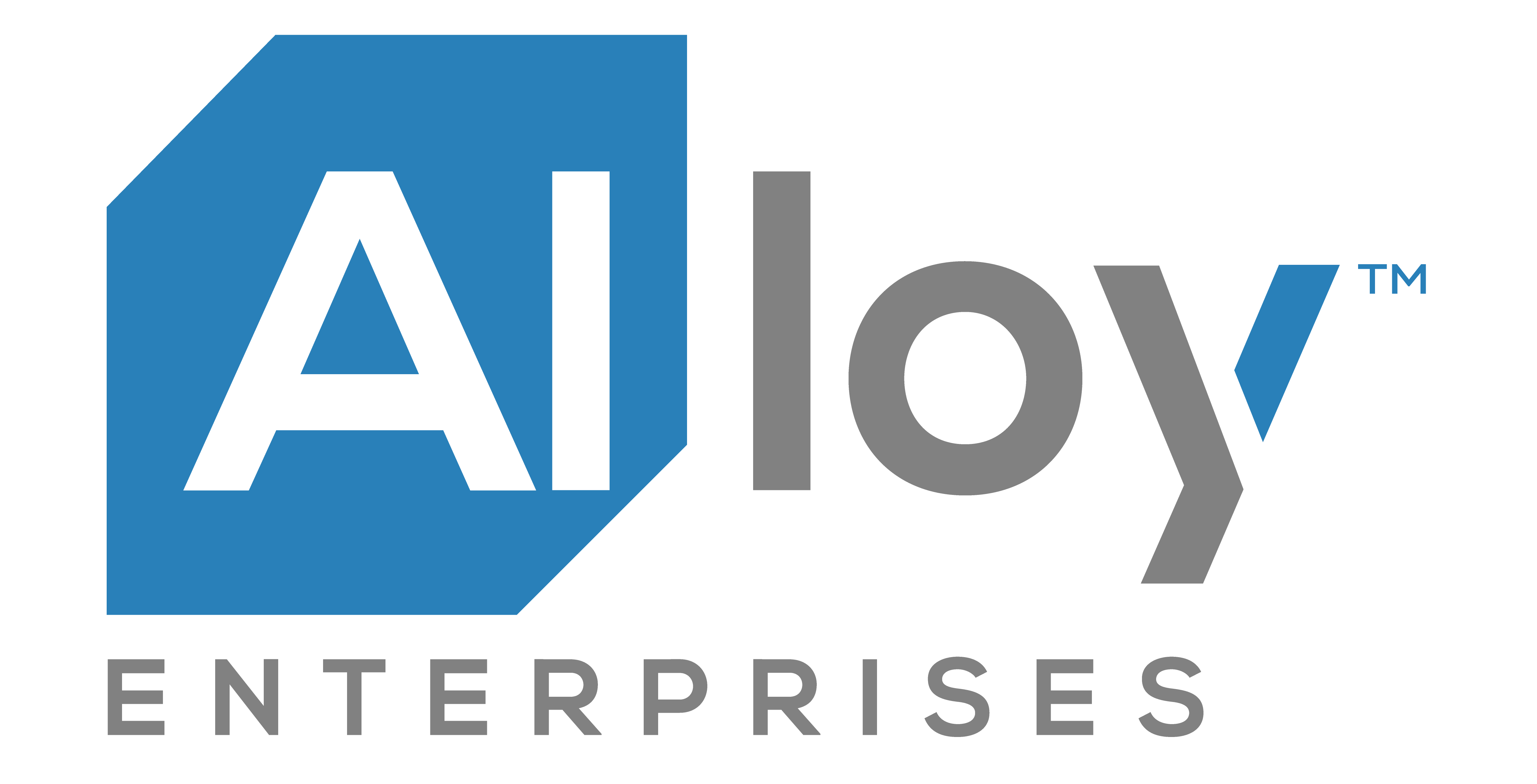With the state of foreign affairs heavily impacting markets and the economy on a global scale, it’s a natural reaction for CEOs and corporate leaders to become increasingly concerned about the instability stemming from geopolitics. We hear from customers and prospects on a daily basis about how they’re worried it could potentially get worse, something they didn’t have to give so much thought to until recent years. While businesses are still recovering from the aftershock of the COVID-19 pandemic and war in Ukraine, the war between Israel and Hamas now poses an even greater threat worldwide on top of fears about international relations with China, the Middle East, and Russia.
Whether you’re a CEO of a major corporation, a founder of a startup company, or small ‘Mom & Pop’ business owner, the focus across most industries today is on coming up with a defensive strategy to prevent supply chain disruptions and subsequent delays.
There’s a multitude of supply chain risks every business faces, some of which are unavoidable external factors you have no control over. Severe weather conditions, natural disasters, the pandemic, port congestion, labor strikes, economic sanctions and world events in war torn regions have all caused delays with air freight and cargo shipments. Add to that list, environmental sources such as government regulations and trade policies. The good news is there are steps you can take to prevent disruption of materials management to keep the flow of business going. It’s always tricky trying to predict supply and demand risks with so much uncertainty then there are extenuating factors that add to business risks, i.e. an unexpected acquisition or merger of a supplier. We’ve all experienced first hand what happens when geopolitical risk has a direct impact on our daily lives, for instance when shipments sit for weeks without being cleared or unloaded. This can cause a domino effect making availability of supplies at stores scarce and things like service at your local auto repair shop to take months instead of the normal expected amount of days or weeks that we’re used to.
Even internal supply chain risks that are normally within your control can cause operations to go off schedule including budgeting, cost analysis, forecasting, communications, compliance, staffing, schedule delays, or design changes. Businesses need to proactively develop a contingency plan for prevention, preparedness, response, and recovery (PPRR). One way is to build buffers for inventory and capacity. Smart prior planning such as investing in safety stock to have on hand during what is known as periods of high risk like hurricane season may be expensive but is well worth it in the long run. Of course, it helps to have access to historical order and inventory data for more accurate forecasting. Companies need to conduct continuous risk assessment and routine monitoring to protect daily operations.
The best way companies can address these challenges directly is by onshoring production and eliminating the reliance on manufacturing facilities overseas. Onshoring reduces cycle times for product development and delivery. Products that are ‘Made in the USA’ allow for much quicker transit time and eliminate the number of intermediaries involved in the distribution of goods. With onshoring, you also have more control over the quality of materials with less chance of damaged goods while reducing dependency on overseas operations and cargo shipments.
Key takeaways to strengthen supply chain risk management:
- Improve sourcing and logistics by partnering with local manufacturers for ready access to needed materials
- Develop a strategic plan by weighing the benefits, costs, and risks
- Use new technology and available automation tools to stay competitive, improve efficiency, and build resiliency
- Invest in employee training and hiring skilled labor
- Help create a sustainable future with onshoring practices
Strategies for Rapid Ramp to Production Without Tooling: How Alloy Enterprises Can Help
Alloy is a trusted and reliable U.S.-based supplier of aluminum components. We’re your development partner every step of the way from first article prototype, quick turn iterations, and scale to production with no tooling needed. Alloy’s unique diffusion bonding process helps companies like yours accelerate time to market. Our fully dense 6061 aluminum components are designed with superior material properties and manufactured to your exact specifications. Aluminum is infinitely recyclable and promotes green manufacturing making Alloy Enterprises the eco-friendly choice for on-demand fabrication.
Contact us to start a design review today!
